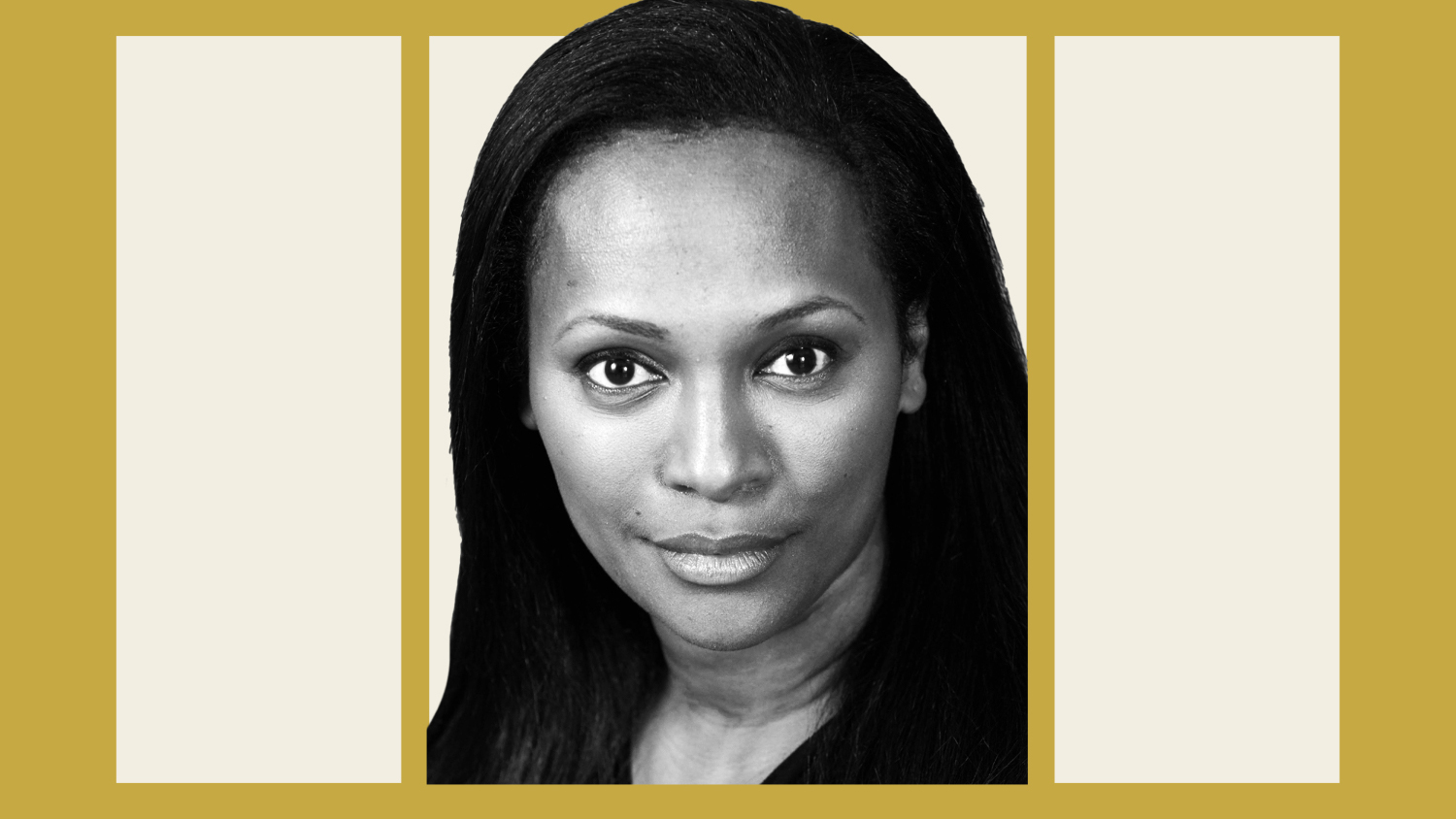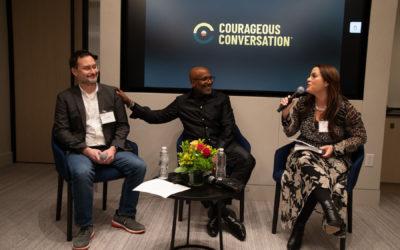BY S. MITRA KALITA—March 24, 2021
A certain diversity memo is clearly making the rounds: Read books on anti-racism, hire more Black people, check in on your staffers of color.
But then what?
Much of the advice in business columns is geared toward white managers trying to make a change, in their companies, hopefully themselves. There’s less focus on the receiving end of their overtures.
So this one’s for us.
People of color are exhausted, alienated—and uncertain about what’s ahead. Surveys show that attitudes about the post-pandemic workplace vary by race; about half of Black knowledge workers say they are “treated fairly at work,” compared to three-quarters of white workers. Of those working remotely, 97% of Black workers want a hybrid or full-time remote working model, compared to 79% of whites. Workplace experts explain that telecommuting reduces the need for “code switching.” Harvard Business Review defines the practice as “adjusting one’s style of speech, appearance, behavior, and expression in ways that will optimize the comfort of others in exchange for fair treatment, quality service, and employment opportunities.”
That we are seeing less of it, even if it took a pandemic, is a silver lining.
White managers are not the only ones who must make behavioral changes right now. The data on code-switching underscore a positive development and could be a baby step in shifting power dynamics: The embrace of ourselves, our full selves, at work.
And so when a colleague tries to engage you on issues of race, you have more power than you might think. Out: You being asked to “help” on a job search to ensure it’s a diverse pool. In: You asking what conditions have been set up to optimize for a candidate’s success.
“We are together trying to imagine and live in a new society. In that society, people of color will also be required to show up differently,” said Glenn E. Singleton, founder and CEO of Courageous Conversation, a consultancy devoted to interracial dialogue in the workplace. “This time, it’s not a time of relaxation. This is about people of color really thinking about what we want in this new world. Never in our history have we not had heavy lifts. The heavy lift can’t simply be how we prop up our white brothers and sisters though. How do we actually lead?”
The knee-jerk reaction to last summer’s protests was additive: install a chief diversity officer, hire more people of color, host anti-racism training.
A few key steps were forgotten.
It’s kind of like choosing to have guests over, says Brooke Gregory, the recently named president of Courageous Conversation, and a longtime educator. “I prepare my house. I get the bedroom ready. I have allotted time to take you out to dinner. I feel I am in community with you.”
If none of those factors is right, the visit will not be fruitful. “That’s how I think about companies,” said Gregory. “If the culture is not one I can be successful in as a woman of color, it doesn’t matter how many women of color you hire.”
Read more at Fortune.




